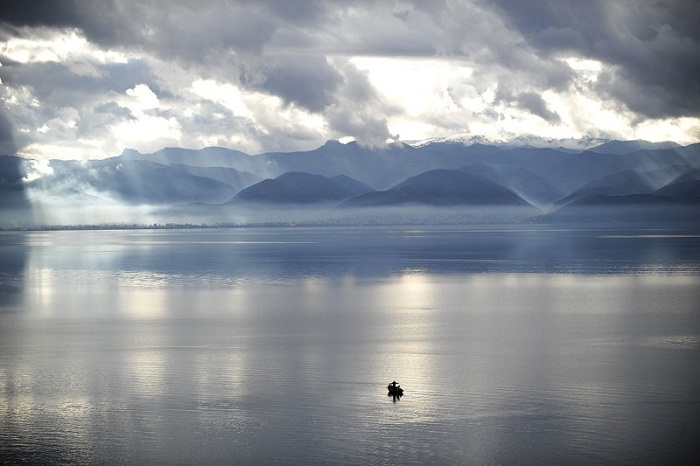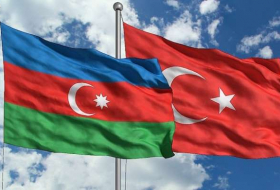For a tourist boom is coming to Ohrid, the town on its shores. From April, British holidaymakers can take a cheap flight with Wizz Air from Luton to holiday in Ohrid. To meet their needs, the lake’s most critical ecosystem is set to be concreted over to make space for apartments and a marina.
“Lake Ohrid is a Holy Grail for biologists from all over the world,” says Christian Albrecht of the University of Giessen in Germany. “But it faces a biodiversity crisis.”
Albrecht was part of an international team of researchers who drilled almost 600 metres into the lake’s sediment in 2013, to chart its complex history. They uncovered the “combination of longevity and stability that has triggered the evolution of the endemic species”.
Unique species
“The lake is not as old as the famous big lakes of the world, such as Baikal or Tanganyika,” says Albrecht. “However if you take its size into account, it is the most biodiverse lake in the world. I am seriously concerned about the future of its endemic species. Many are restricted to a few square metres of the lake.”
The majority of the lake’s fish and snails are found only here, as are many of its sponges and worms.
These species often live around underwater springs that bubble up from the surrounding limestone geology and create ecological niches, says Daniel Jablonski of the University of Bratislava in Slovakia.
Life in Lake Ohrid has survived a lot over its long history, including repeated glaciations and fallout from volcanic eruptions.
But a “creeping crisis” for the lake from the rising human population is about to become critical because of the coming tourist boom.
In particular, the lake’s most important buffer against human activity, the Studenchishta marsh, is threatened with being wiped from the map. “Its buffering function is being jeopardised,” says Albrecht.
Luxury apartments
The marsh is the only surviving wetland on the lake’s shore. It cleans raw sewage and other pollution from water flowing from Ohrid into the lake.
It also harbours its own rare species, including the Macedonian crested newt (Triturus macedonicus) and four globally endangered butterflies.
But last year Ohrid’s mayor, Nikola Bakraceski, unveiled plans to drain the entire 75-hectare marsh and replace it with luxury housing and a marina.
“These development plans will irreversibly destroy this crucial ecosystem,” says Albrecht. In a letter sent to the Macedonian president in October, Jablonski called the plan to drain the marsh, and to replace nearby reed beds with imported sand to create Mediterranean-style beaches, “totally unacceptable”.
So far, the city authorities haven’t responded to their pleas.
A citizen initiative called SOS Ohrid has launched a petition to save the unique habitats.
More about:
















































